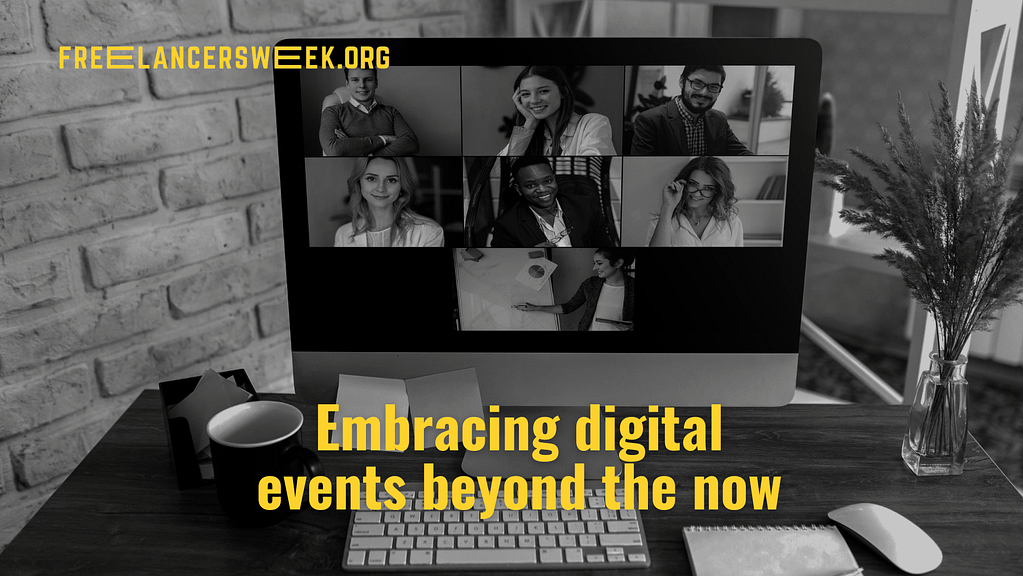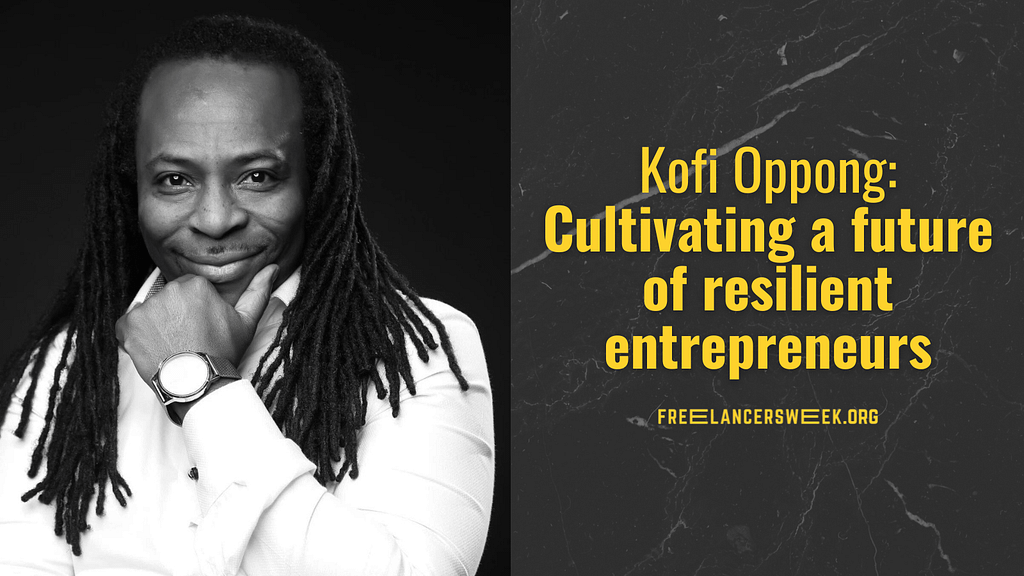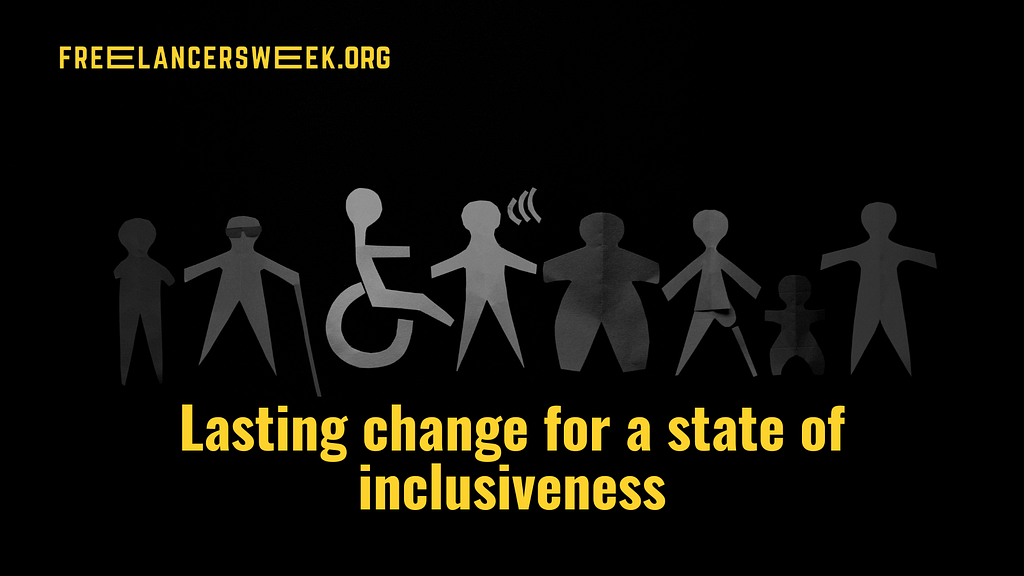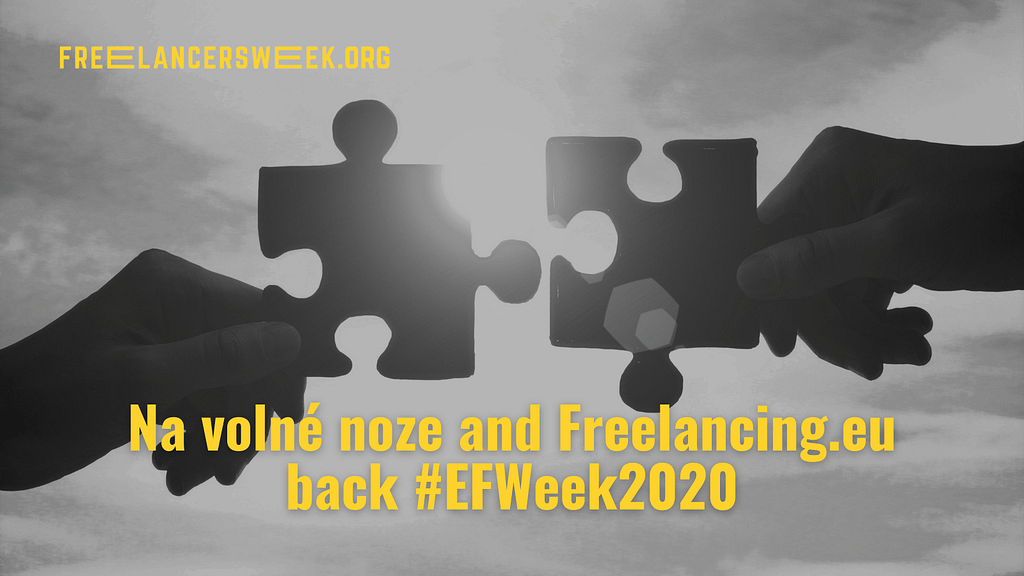- In the UK, 1% of the population is autistic, 4% have ADHD and 10% dyslexia, but it is said that fewer than 50% of these people know it.
- There has been a 31% increase in neurodiverse graduates from higher education over the last 10 years.
So what does this mean for the workplace?
Few places of employment takes neuro inclusivity into account in their company culture. The one-size-fits-all approach is the norm, and very little thought is given to the inner dealings that make the brain so fascinating and therefore, shapes the needs of the individual.
The above is also true when it comes to coworking spaces. With no clear champion of ‘neurodiversity’ in these spaces, individuals on the spectrum can struggle. In order to empower the neurodiverse mind, the person needs a certain level of autonomy over their workspace, to be able to choose and or adapt the environment to their needs.
By providing an inclusive environment for all brain types you unlock a whole new potential ecosystem for the person to flourish in. By implementing these ideals you encourage engagement between people, building trust, fostering friendship which all lead to increases in the wellness and performance of employees and coworkers.
What about the neurodiverse solopreneur?
Many neurodiverse individuals start their own businesses. This can be in part because of the ability to structure an environment and work culture that is more suitable to their unique needs. That is why in freelancing you can find these diverse individuals more often — but without resources that cater for them, their well-being is at risk.
Think about the complexities and varieties of the brain in a coworking environment: you find different types of brains, working at different times of the day on wildly different tasks and activities… there is no way a cookie-cutter approach can work. One-size fits no one. Some need tranquil or focus rooms, some need movement, others crave open group areas, library areas, alcoves, and these needs change depending on the task at hand or even different times of the day.
How can coworking spaces create neuro inclusive spaces?
One way to quickly overcome the lack of such amenities is to roll-in Nook Wellness Pods. These certified autism resources were designed for everyone and are at the heart of creating neurodiverse spaces. Nook Huddle Pods for tranquil deep focus and meetings, and Nook Sensory Pods — packed with neuro-focused features – which act as a recharge sanctuary. These flexible and future proof solutions appeal to all personality types, from the extrovert to introvert, from the rigid lawful state of mind to the emotive unlawful one, offering much-needed support.





